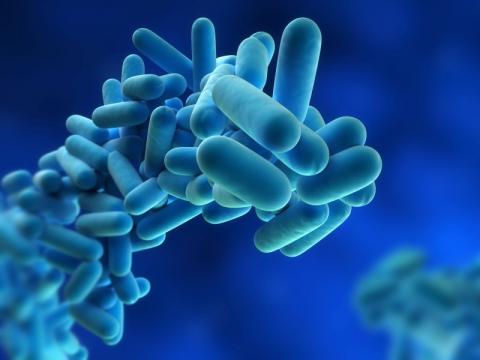Warning to travellers about Legionnaires cases in Spain

The Public Health Agency (PHA) is warning Northern Ireland holidaymakers travelling to Spain this summer to be aware of signs and symptoms of Legionnaires’ disease following an alert of 12 new cases in Costa Blanca.
The cases have been associated with the Diamante Beach Hotel in Calpe, Costa Blanca. This is the third cluster of Legionnaires’ cases associated with the hotel this year; bringing the total since the start of 2012 to 33.
The hotel has now been temporarily closed while the Spanish authorities continue their investigations into the source of the outbreak. Five of the cases are from Belgium and seven from Spain, there have been no additional cases in UK residents since May.
Dr Brian Smyth, Health Protection Consultant, PHA, said: “We are advising those travelling to the Mediterranean to be aware of the signs and symptoms of Legionnaires' disease, which is a form of pneumonia. Travellers to Spain in particular, who develop flu-like illness while there or within two weeks of their return should seek medical advice immediately.
“Legionnaires’ disease cannot be spread from person to person. Infection normally occurs after inhaling fine airborne particles containing Legionella bacteria. Such particles could originate from an infected water source such as showers, spa pools or cooling towers. Once this source has been identified a total clean will take place to reduce the risk of further cases.”
Dr Smyth added: “There are four to six cases of Legionnaires’ disease reported each year in Northern Ireland with most having acquired infection outside the UK. Since 2000 nearly three quarters of these travel associated cases had visited Mediterranean countries in the two weeks before becoming unwell. With the annual holiday season well underway, the PHA is reminding medical professionals and returning travellers to look out for signs and symptoms of Legionnaires’ disease following outbreaks at hotels in Spain and Greece.
“The range of symptoms includes a flu-like illness with muscle aches, tiredness, headache, loss of appetite, dry cough and fever, leading on to pneumonia. Diarrhoea sometimes occurs and confusion may develop.
“Although the risk of developing Legionnaires' disease is very low it is important to be aware of the symptoms. Anyone who develops the symptoms within two weeks of returning from an overseas holiday should seek medical advice from their GP.”
- Legionnaires’ Cluster Associated with a Hotel in Spain: 3 February 2012 http://www.hpa.org.uk/NewsCentre/NationalPressReleases/2012PressReleases/120203Legionnairesinspainishhotel/
- The European Centre for Disease Prevention and Control (ECDC) has carried out a risk assessment on the cluster of travel-associated Legionnaires’ disease linked to the hotel. Its risk assessment currently states that “the appearance of new cases of Legionnaires’ disease indicates that an intermittent source of contamination is present in the hotel causing an ongoing risk of exposure to Legionella for hotel guests”. Travellers considering staying at this hotel in the future should look to the ECDC to advise when the problem has been resolved and the hotel is deemed safe for holiday makers www.ecdc.eu
- Legionnaires' disease is a serious pneumonia caused by a bacterium called Legionella pneumophila. This bacterium lives naturally in water such as rivers and lakes. It is caught by breathing in small droplets of water contaminated by the bacterium. Legionnaires’ disease generally affects older people and those with other underlying illnesses. People in these groups can also have more severe symptoms and complications, which can be fatal. The infection usually responds to treatment with the appropriate antibiotics.
- Early symptoms are flu-like with muscle aches, tiredness, headaches, dry cough, breathlessness and fever that can lead to pneumonia. As with any pneumonia, the patient can become very unwell. Diarrhoea and confusion may occur in addition to chest and breathing problems. It is usually six or seven days after exposure that the individual would begin to show symptoms.
- For further information about Legionnaires’ disease visit: http://www.hpa.org.uk/Topics/InfectiousDiseases/InfectionsAZ/LegionnairesDisease/:
http://www.nhs.uk/conditions/legionnaires-disease/Pages/Introduction.aspx - For general travel health advice please visit the National Travel Health Network and Centre at http://www.nathnac.org/
